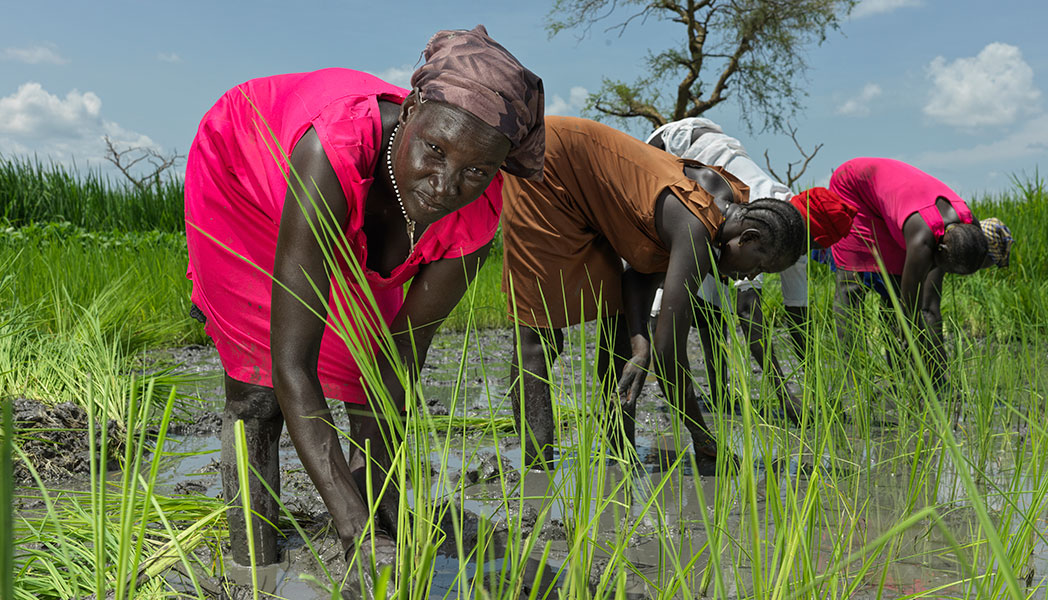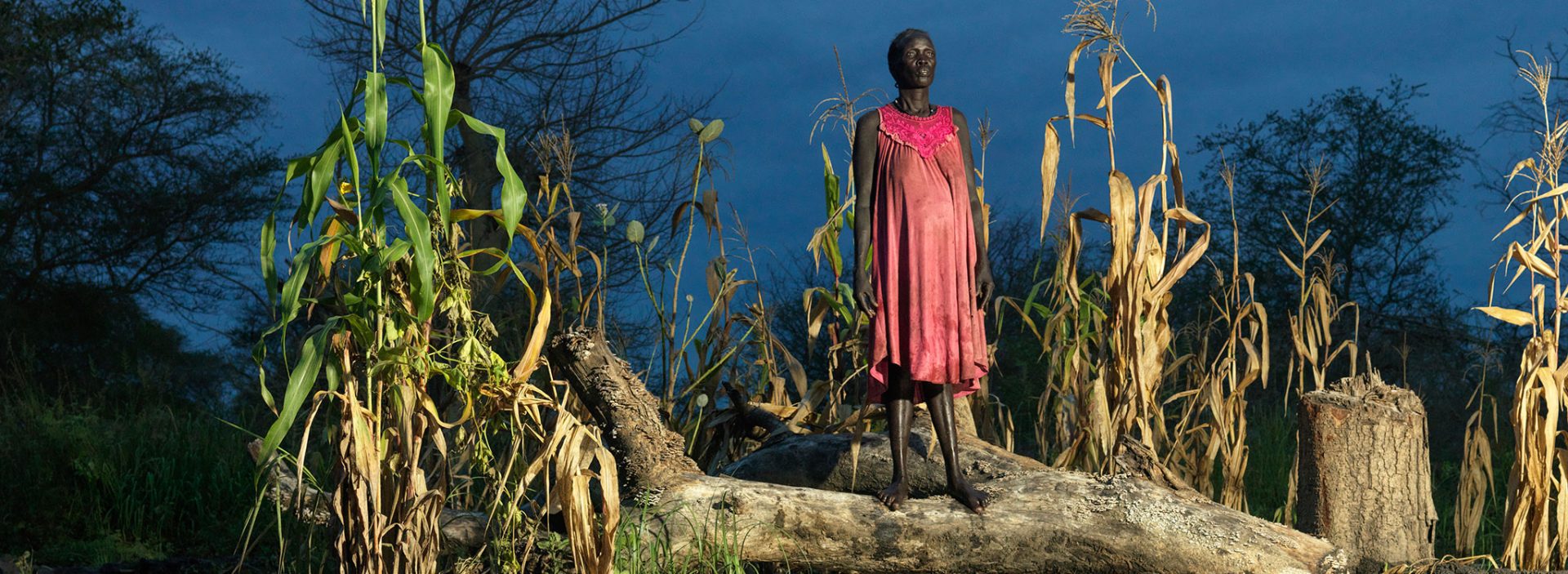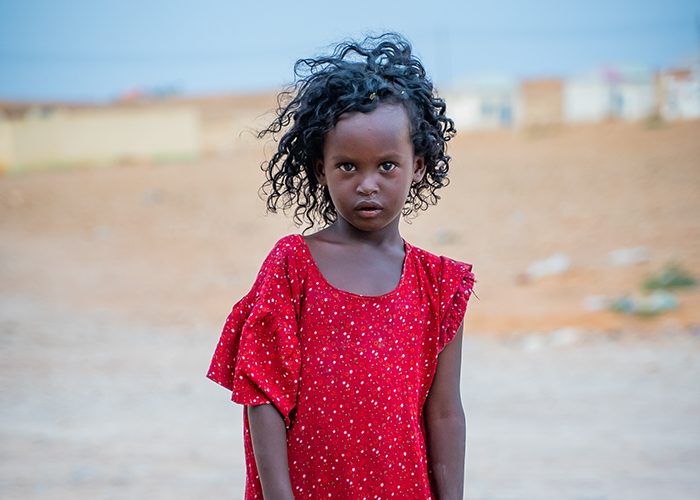About the project
For four years in a row, floods in South Sudan have swept away entire villages, destroyed crops, drowned livestock and forced people to flee their homes. The devastating impacts of the flooding is leaving families hungry and unable to support themselves.
The UN is warning of severe food shortages in South Sudan, with up to 7.8 million people – two-thirds of the population – facing food insecurity.
Peter Caton and journalist Susan Martinez, started documenting the devastating floods in 2020. They visited the remote and badly hit villages of Paguir and Old Fangak, and captured the stories of the villagers as they cleared water from their homes – desperately searching for something to eat. They returned in 2021 and 2022 to find the villagers’ resilience hadn’t waned. They were determined to rebuild community life.

Women work in a rice field in South Sudan. Action Against Hunger helped the community to create rice farms after their crops were destroyed by flooding. Photo credit: Peter Caton.
How Action Against Hunger is helping
Before the floods, most communities across South Sudan survived on maize-based foods. They farmed it, sold it, and ate it. So when farms were suddenly submerged, families lost everything.
The solution? Rice.
Our teams provided rice seeds and showed farmers how to plant them in the floodwaters. For many, this was the first time seeing and growing rice plants.
This also helped promote gender equality in the community, as now for the first time dozens of women own and cultivate their own farms.
“Now we know how to grow rice, the community respects us women more.”
More than that, we also employed farmers who’d lost their crops in the floods to create waterways – paths through the vegetation brought in by the floods – so they would have a regular monthly wage again. Bigger and faster boats can now reach the isolated villages and bring in food, medicine and trade.
London’s Oxo Gallery virtual exhibition
The incredible photos highlight the devastation caused by years of extreme flooding in South Sudan and how, with Action Against Hunger’s help, local communities are adapting in the face of the climate crisis.
You can go jump into our virtual tour, simply by clicking below.




